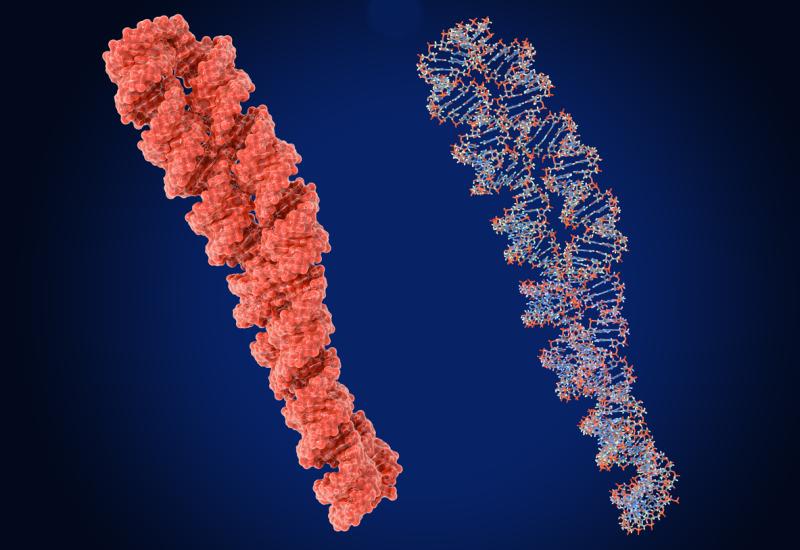
PD-L1 degraders emerge

At a time when much of the oncology world is fixated on PD-(L)1 x VEGF bispecific antibodies, Kazia Therapeutics is taking a different route. The US microcap has licensed what could become a novel alternative, a PD-L1 degrader, for just $1.4m from QIMR Berghofer, an Australian research institute. The molecule, NDL2, is the first of its kind to emerge from research largely driven by Chinese groups. NDL2 is a bicyclic peptide degrader designed to tackle modified forms of PD-L1 that arise as a resistance mechanism to current PD-(L)1 therapies. Additionally, Kazia notes that, by binding to PD-L1 and recruiting the cell’s protein disposal machinery, NDL2 aims to eliminate resistant forms across all cellular compartments, not just on the cell surface like most current PD-(L)1 therapies. The programme will initially focus on breast and non-small cell lung cancers, two settings where resistance is particularly common. Kazia could also combine NDL2 with its PI3K/mTOR inhibitor paxalisib or its VEGFR3 blocker EVT801. The company expects to begin clinical testing of NDL2 by early 2027, and unless another player has been advancing a similar asset in stealth this could become the first PD-L1 degrader to reach the clinic.
2825













